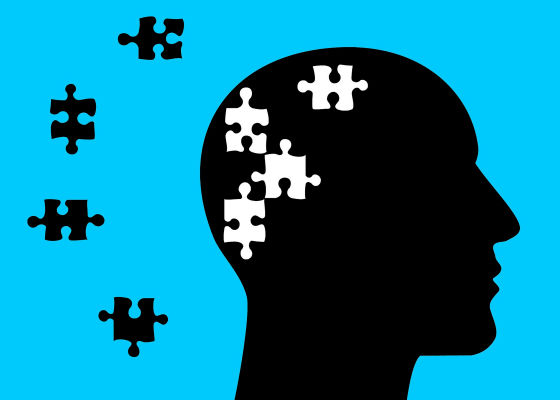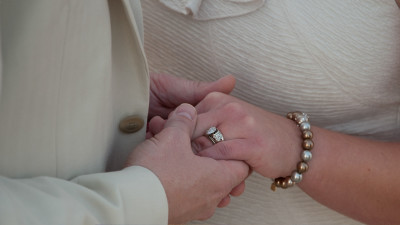From the study of the brain obviously that sleep deprivation causes 'anxiety'

Although it was known that there is a relationship between anxiety disorder and sleep disorder, it became clear that the same brain area is activated / deactivated in a state of sleep deprivation state and anxiety feeling " Sleep "and" anxiety "are closely linked to each other.
(PDF) Sleep loss causes social withdrawal and loneliness
https://www.researchgate.net/publication/327021316_Sleep_loss_causes_social_withdrawal_and_loneliness
Lack of sleep looks the same as severe anxiety in the brain | Popular Science
https://www.popsci.com/sleep-deprivation-brain-activity
There are data that insomnia people doubles the risk of developing anxiety disorder and more than 70% of people with anxiety develop sleep disorder, etc. Thus far, "anxiety disorder" and "sleep disorder It was known that there is a correlation between.
Postdoctoral researchers Ebj Bensimon and Matthew Walker who are studying cranial neuroscience at the University of California, Berkeley have used fMRI to investigate the relationship between the state of the brain in anxiety disorder and sleep disorder We conducted an experiment to observe the reaction of the brain.
First of all, in the experiments, half of the 18 healthy subjects were placed in "sleep deprivation" state where they did not sleep over 2 nights, and the remaining half of the subjects took sleep as usual. Thereafter, when the "anxiety level" of the subject was measured at the timing of morning and evening two times, the anxiety level of the subject in the sleep deprived state increased by 30%, and almost half of the subjects with sleep deprived a threshold of anxiety disorder , And it turned out that it became close to anxiety disorder.

After that, researchers examined the activity of the brain using fMRI in order to investigate what is happening in the brain due to insufficient sleep, and found that the area associated with the emotions of the amygdala and the anterior cingulate cortex is lower than that of other parts It was found that it was activated significantly. Both of these areas have a function to handle negative emotions such as "fear" well, and in areas of anxiety disorder, it is an area that is known to be excessively activated.
More specifically, when examining the brain, subjects with sleep deprivation also found that the activity of the part directly connected to the amygdala called "prefrontal cortex inner part" helps control negative emotions. If sleep is not enough, it is confirmed that activity in the brain area that controls anxiety and emotion is lost. "When you run out of sleep even overnight, these brain regions are basically offline and we can not trigger the process of controlling emotions," says Bensimon.

Fortunately, even in subjects whose brain areas that suppressed anxiety due to insufficient sleep became inactive, they only recovered from sleep, and the level of anxiety returned to the normal value the next morning. And I also found that the mechanism of emotion control recovers during the period of "deep sleep" " non-REM sleep ". In other words, when the brain became the same state as anxiety disorder due to lack of sleep, it was also confirmed that "quality" is important as well as "amount" of sleep to get out of that state.
Although the commonality of brain activity was confirmed in the state of "anxiety" and "sleep deprivation" by this research, there is also a point that both are relations like "chicken first, egg first" . As anxiety occurs due to insufficient sleep, insomnia develops due to anxiety, and so on, once you go into a vicious cycle, anxiety disorder may worsen, so avoiding lack of sleep as much as possible, It seems to be very important to the health of the mind and body.
Related Posts:
in Science, Posted by darkhorse_log







